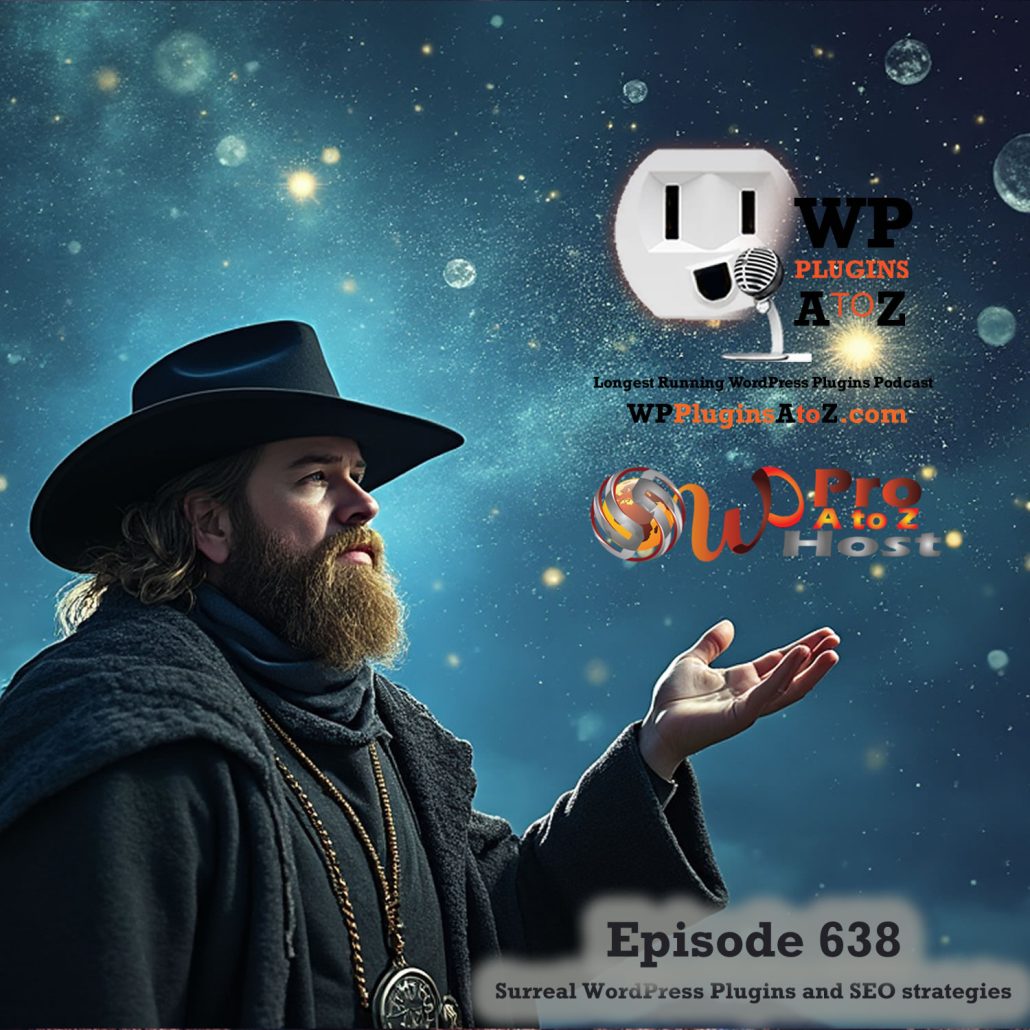
By Kalena Jordan
Speculation in the search industry is rife this week with claims that Google Search Personalization has changed the SEO playing field. But has it really? Or are people freaking out for no good reason? To find out, we’ll look at how it impacts SEO in the negative and positive. But first, let’s have a quick refresher on how Personalized Search works.
What is Personalized Search?
For the past few years, Google has been monitoring what you search for when logged into your Google account and in particular, what sites you click on in the SERPs. If you favor particular sites, Google takes note and customizes future searches to show you more results featuring your favorite sites, more often and in higher positions.
For example, if you like t-shirt shopping online and are a regular visitor to Threadless as a result of logged in Google searches, Google would feature pages from Threadless more in the SERPs you see for t-shirt related search queries than would normally be featured in SERPs shown to others for the same search queries. Likewise, pages from Threadless would be pushed higher up the search results than they would normally be.
Personalized Search has been in place for signed-in users for years, but this month Google rolled out personalized search to users worldwide, whether they are signed in to a Google account or not.
Apart from privacy concerns, the announcement has prompted the inevitable “SEO is dead” claims that always seem to surface whenever Google announce a change to their search functionality.
So let’s take a look at how/why personalization might influence search engine optimization.
Why Personalization DOES Impact SEO:
- If everyone sees different SERPs based on their searching patterns, how can you measure a consistent ranking? How can you reach an audience if their search queries are already *rigged* to show your competitor’s brand?
- On page optimization and link building will no longer have as much influence on your site’s rank for competitive search queries.
- Clients who opt-in to personalization and visit their own sites may have a false impression that their sites are ranking well in the SERPs and cease or refuse SEO services.
- Clients who opt-in to personalization and visit their competitor’s sites may have a false impression that their sites AREN’T ranking well in the SERPs and blame their SEO.
- Companies / brands with more traffic have a better chance to gain new business because searchers will see more impressions of snippets to their sites. This creates branding opportunities via snippets.
- Webmasters will start optimizing more for other search engines like Bing where they can have more of an impact on organic results.
- It will become even more difficult to rank for generic keywords and search phrases (as larger brands will tend to dominate based on market search share), meaning long tail search queries will become much more important in an SEO campaign.
- Search spam should start to be filtered out as very few people will be revisiting spammy pages. That should eventually push more relevant, naturally optimized pages higher up the SERPs, particularly those in competitive industries.
- Fresh content will give sites an advantage because new pages are more likely to stand out to searchers in personalized SERPs. Same goes for real-time content generated by Twitter, Facebook etc. Static sites are going to fall to oblivion.
- Audience targeting and snippet relevancy will become more important when optimizing web pages.
- PPC ads will have to try harder to compete with increasingly brand-biased SERPs.
- PPC will become more popular as people find organic SEO too complex and abandon it.
- Personalization should help normally lower ranked sites to get to the top a little faster via loyal customers and visitors.
- Titles, META descriptions and text snippet optimization will become SEO priorities.
- Top SERP performers will fall down the ranks if their snippets and offerings are not competitive enough, allowing lower ranked sites to take over.
- Manually checking your site rankings, or those of your clients with personalization switched on will result in skewed, inaccurate SERPs.
- Rank checking tools like WebPosition will no longer be accurate. Clients will stop asking for ranking reports (hooray!).
- Some think that Google could be using personalization to monitor user-driven search in order to tweak the PageRank algorithm based on what users actually search for.
- Brand new sites targeting competitive search queries have very little chance of appearing in SERPs customized by personalization, even with SEO.
- If you don’t rank well now for your target search queries, you might slip further and further off the radar as searchers refine their SERPs by clicking on the higher ranked sites.
- If clicking on SERPs begins to impact what users see, hackers may develop malware etc. that automates SERP clicking.
Convinced that SEO is dead yet? Hold your horses. Let’s aim for some perspective here.
Why Personalization DOESN’T Impact SEO:
- Personalization has been in place for some time already – since 2005 in fact.
- The main Google PageRank algorithm still applies, it’s just the delivery of the results that has changed.
- Any SERP emphasis is user-driven rather than algorithm driven and personalization changes only relate to search queries closely aligned to your web history.
- Most non-personalized SERPs are not identical these days anyway. There is evidence of changes even based on the same search query on same PC in the same location a few minutes apart. Different datacenters and Everflux between them mean consistently shifting SERPs.
- SEO isn’t just about SERP ranking. Think usability, keyword selection, conversion design, branding, social media, online reputation management etc.
- Even if a searcher’s favorite brands come up in the SERPs and even if they visit them, they won’t always find what they’re looking for and will keep looking through and clicking other results, leveling the playing field eventually.
- People won’t necessarily visit your site based on rank – if it’s relevant, it will get found.
- Real Time Search and Universal Search are pushing the organic results down the SERPs anyway. Personalization is unlikely to have as big an impact as those factors.
- Personalization will encourage repeat visitors for sites that can attract clicks. In this way, customized SERPs act as a search engine based bookmarklet.
- Web history only lasts for 180 days if you’re not signed in, so unless searchers do multiple related searches and click on results during that time-frame, personalization may not even apply.
- Although they are not revealing the percentage of search results impacted per page by personalization, Google keeps harping on about wanting diversity in the SERPs so they are unlikely to allow personalization to skew your search results too much.
- You can tell if personalized search has influenced the SERPs you’re viewing by the *customizations* link at top right when logged in. You can view the same search without customization to see how the SERPs look to persons who have opted-out of personalization.
- You can switch it off permanently!
Get a Grip, People
Personalization has been in place on Google for over 4 years. This isn’t a new algorithm, it’s simply a new delivery mechanism. It’s important to remember that a large number of Google users are logged in to a Google account of some kind when conducting searches anyway, so they won’t even notice the difference.
The other thing to keep in mind is that personalization is all about relevance and usability. Webmasters have been focused for too long on rankings and trying to crack a spot in the Top 10 search results for their target search terms. Similarly, searchers have been too lazy to look beyond the first page or two of search results. The rollout of personalization hopefully sees relevancy start to influence and drive our search behavior more so than rankings.
In some respects, Google has simply handed users the steering wheel and encouraged us to drive their search engine. So my conclusion is that while personalization does impact SEO, it is not a SEO killer so much as a search rank killer.
Rankings are dead. Long live Relevancy!
Article by Kalena Jordan, one of the first search engine optimization experts in Australia, who is well known and respected in the industry, particularly in the U.S. As well as running a daily Search Engine Advice Column, Kalena manages Search Engine College – an online training institution offering instructor-led short courses and downloadable self-study courses in Search Engine Optimization and other Search Engine Marketing subjects.
This article courtesy of SiteProNews.com



